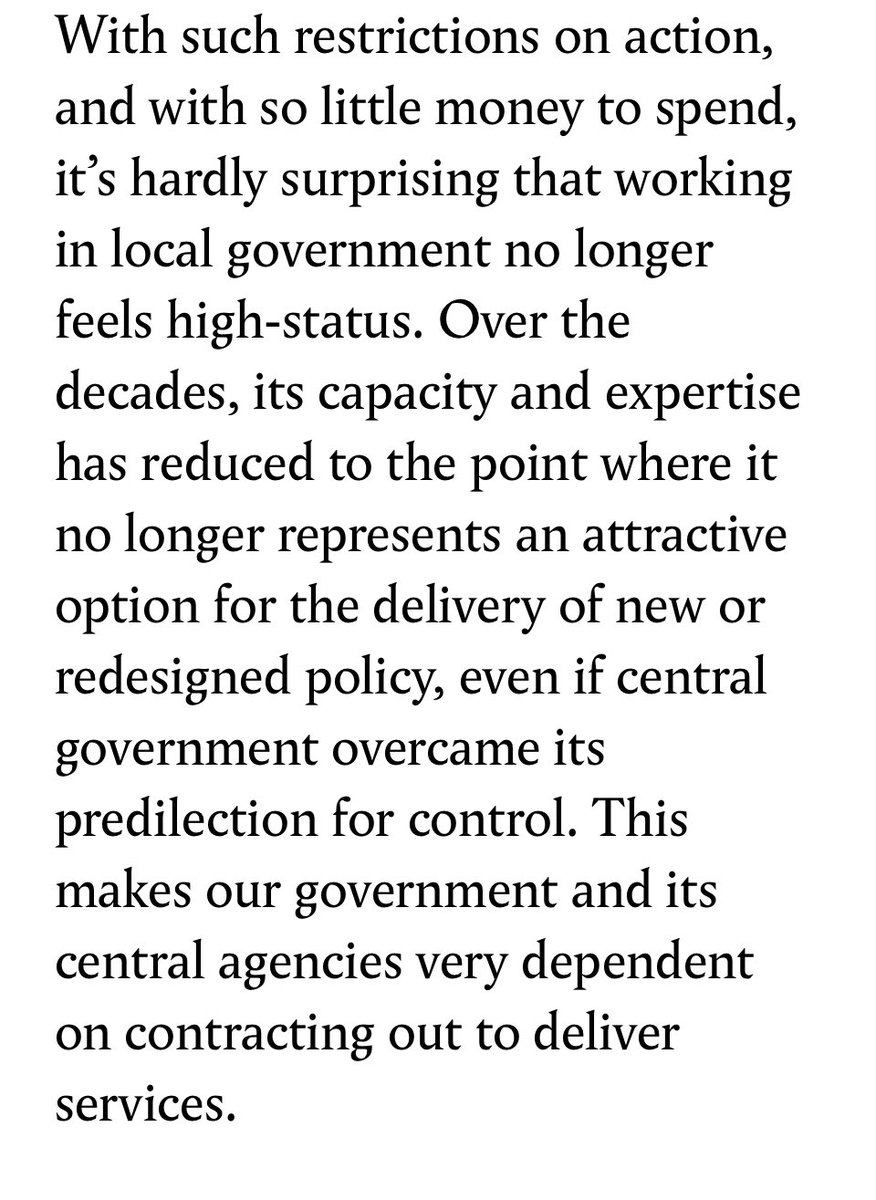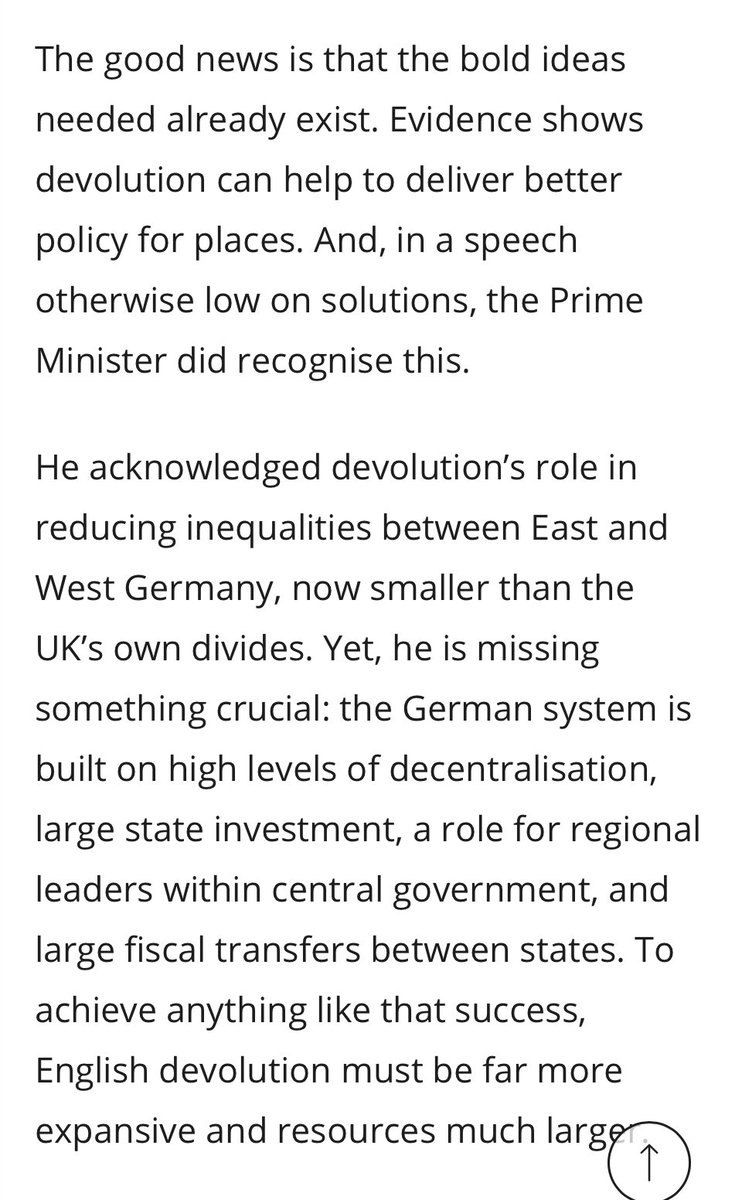
A discussion between @bricksilk and @JoshuaRozenberg that suggests that clause 1 of the JR and Courts Bill (remedy may be prospective-only) may be less harmful that feared. Watch this space, though.
https://twitter.com/bricksilk/status/1417895553216786433
Interesting to note that the MoJ press release chose to highlight this somewhat lukewarm endorsement from Ekins, of the Judicial Power Project (sometimes referred to as the Executive Power Project). 



Pretty clear from that that he would have wanted to go much further (and indeed at the end eggs Parliament on to go further).
Not clear why the MoJ chose to highlight this less than gushing endorsement. Is it a wink/veiled threat to various audiences that more may follow? Or are we supposed to be reassured by how “limited” all this is?
While on the Judicial/Executive Power Project, worth retweeting this thread.
https://twitter.com/georgeperetzqc/status/1417741174123728900
• • •
Missing some Tweet in this thread? You can try to
force a refresh













